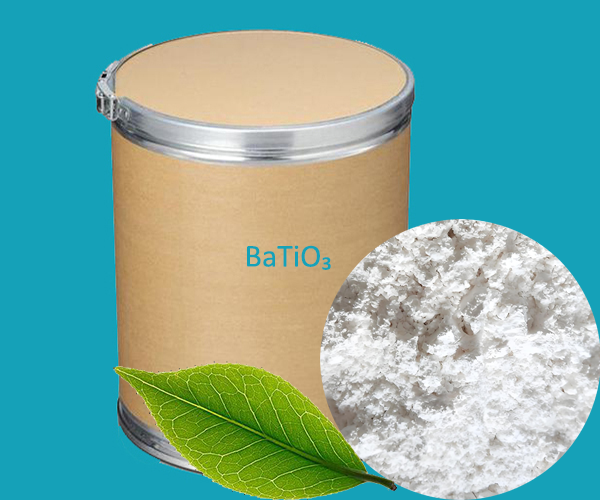Barium titanate is an important inorganic compound with the chemical formula BaTiO₃. It is a white solid with a variety of crystal structures, the most common of which are tetragonal and cubic. Barium titanate has many unique physical properties, especially its dielectric properties, so it is widely used in the electronics and ceramic industries.
Barium titanate is widely used in many fields due to its unique physical properties, especially its dielectric properties. Here are some of the main uses of barium titanate:
1. Ceramic capacitors: Barium titanate is an important ferroelectric material, and its high dielectric constant and temperature stability make it an ideal material for manufacturing ceramic capacitors and multilayer ceramic capacitors. These capacitors are used in electronic devices for power supply filtering, noise suppression, and time delays, among other things.
2. Piezoelectric devices: The piezoelectric properties of barium titanate allow it to be used in the manufacture of piezoelectric devices, such as ultrasonic transducers, piezoelectric sensors, piezoelectric actuators, and piezoelectric igniters.
3. Microwave devices: In microwave technology, the high dielectric constant and temperature stability of barium titanate make it suitable for the manufacture of microwave integrated circuits and microwave devices, such as filters, resonators, and dielectric antennas.
4. Thermistor: The thermistor properties of barium titanate allow it to be used in temperature sensors and thermistors.
5. High-temperature ceramics: Due to its high melting point and good chemical stability, barium titanate is used as high-temperature structural ceramics and refractories.
6. Catalyst support: The stability and surface properties of barium titanate make it a candidate material for catalyst support for the catalytic process of chemical reactions.
7. Polymer composites: Barium titanate can be used as a filler to enhance the mechanical strength and dielectric properties of polymer materials for electronic packaging and insulating materials.
8. Anti-static materials: In some applications, the conductivity of barium titanate can be adjusted by controlling its doping and processing conditions for the manufacture of anti-static materials and flooring.
9. Magnetoelectric materials: Barium titanate has a magnetoelectric coupling effect and can be used to develop new magnetoelectric devices, such as magnetoelectric sensors and magnetoelectric memories.
These applications of barium titanate are very important in electronics, electrical, communications, aerospace, automotive, and many other industrial sectors. With the development of materials science, the field of application of barium titanate is likely to expand further.
 English
English Español
Español Português
Português Français
Français Deutsch
Deutsch Русский
Русский 中文
中文 日本語
日本語
